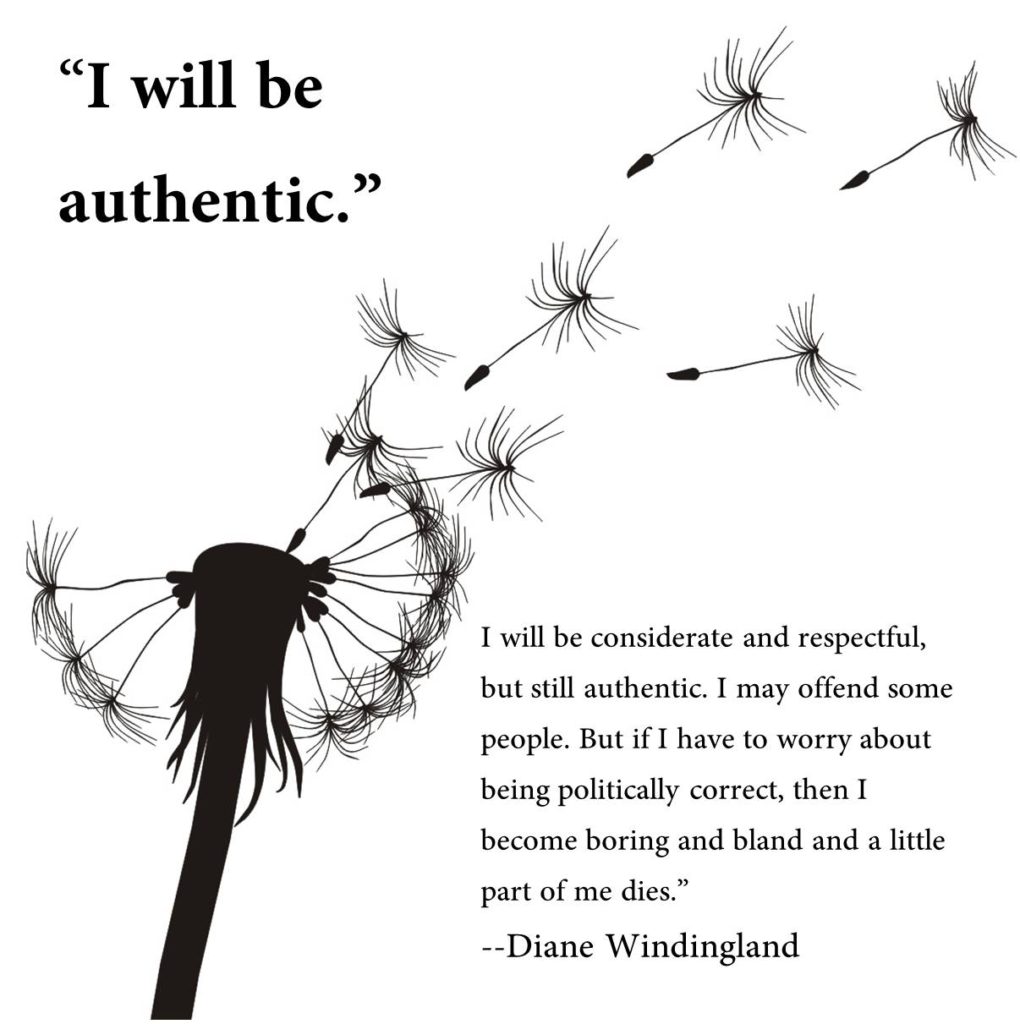Have you ever wondered whether to tell a story because you were concerned that the language or subject matter might be offensive or “politically incorrect”?
Ironically, as I was considering that very issue as I am preparing a presentation for an Iranian audience, I happened to check the reviews for the very first book I published, Small Talk Big Results. Most of the reviews have been very positive, but it recently received this one-star review, apparently at least in part because the reader was offended by something I had written. The review:
Big disappointment! Most especially offended by the “regard story” a writer should be able to cite many examples to make a point- should have thought more out of the box and not had to resort to offensive titles in an attempt to make a point.
The reviewer had used the word “regard” which didn’t make any sense, but I figured out what I think she was referring to. Here was my response, written as a comment to the review:
I’m sorry that you found the “regard story” offensive. I assume you meant to say the “retard story.” The story used the word “retard as a “throw back” terminology, the way children of my era referred to a person with a mental disability. It was the beginning of a true story, a story which I used to illustrate the point that you don’t have to give all the details of a story in order for people to form a picture in their minds.
For those considering purchasing the book, who may be wondering what is being referred to, here is the beginning of that story, quoted from the book:
“Bread…b-bread!” the boy grunted as he walked awkwardly from table to table in the elementary school cafeteria, begging for extra bread and stuffing his mouth full. I never did like the bread and butter “sandwiches,” so I gladly handed mine over to Robbie. Actually, I didn’t even know his name was Robbie until later. We kids just called him “The Retard.”
I didn’t write the end to that story in the book, but what happened later that day was that Robbie died, having choked on the bread. The only reason I would call a person with a mental disability “retard” would be in relating the authentic language of this story. I was profoundly moved by his death and by my realization, at 11, that he was as deserving of love and respect as anyone else. Perhaps I should have included the ending of the story in the book.
—
Perhaps if I had included the end of the story, the reader would have seen how the term “retard” fit into a bigger, more respectful viewpoint. In any case, it never occurred to me that relating a story from childhood with an offensive term in it, would be offensive. Lesson learned.
It’s probably a good thing I didn’t mention that until I was an adult, I didn’t know that Brazil nuts were called Brazil nuts.
My mother called them “nigger toes.” As a kid, growing up in a mostly all-white area of North Dakota, I didn’t know that “nigger” was an offensive term. So, now I wonder, if I were to tell THAT story, could I even say the word “nigger” as part of my authentic story?
Here’s where I stand on the issue. I will be authentic. I will be considerate and respectful, but still authentic. I may offend some people. But if I have to worry about being politically correct then I become boring and bland and a little part of me dies.
Live and let live. Tell YOUR stories.


